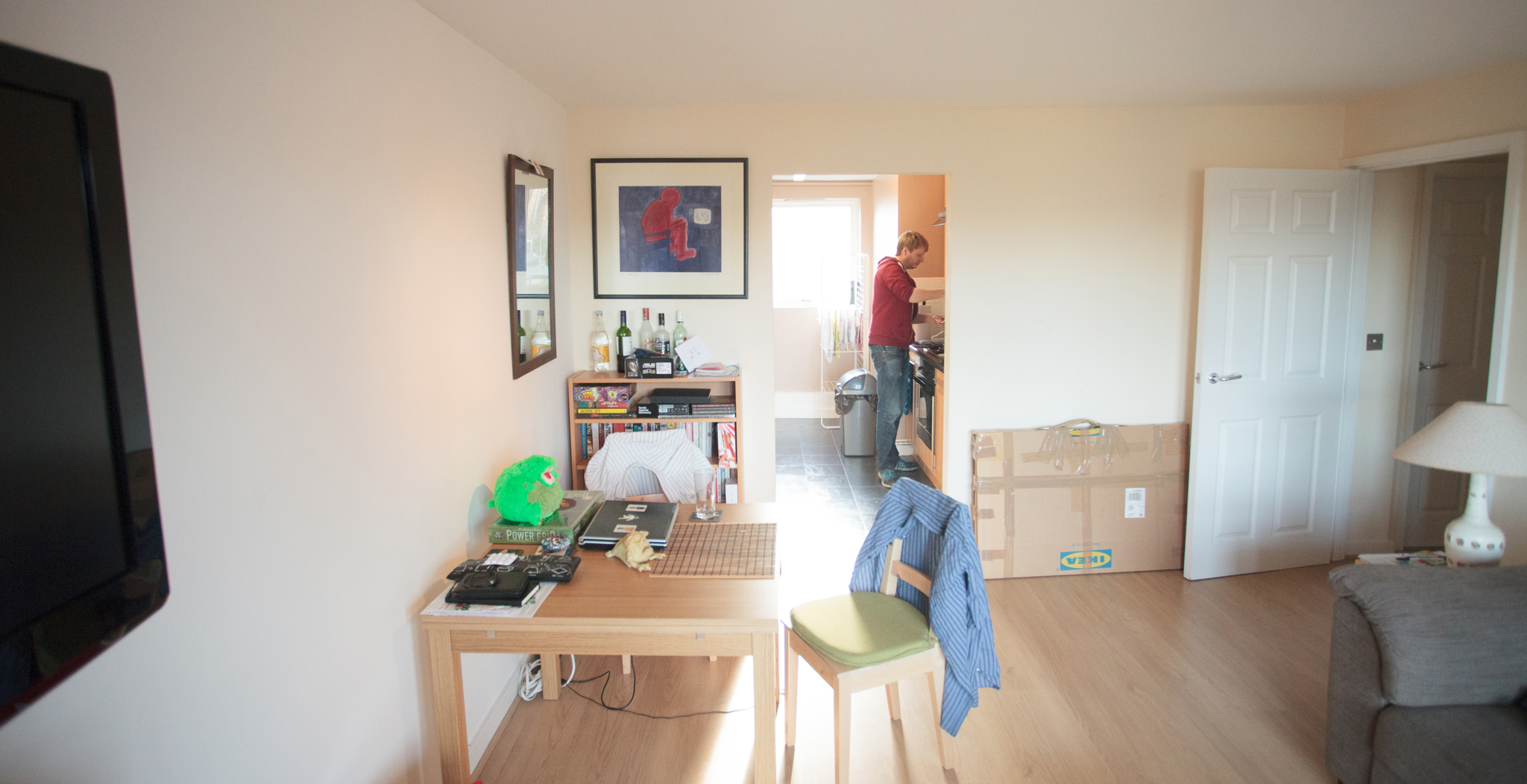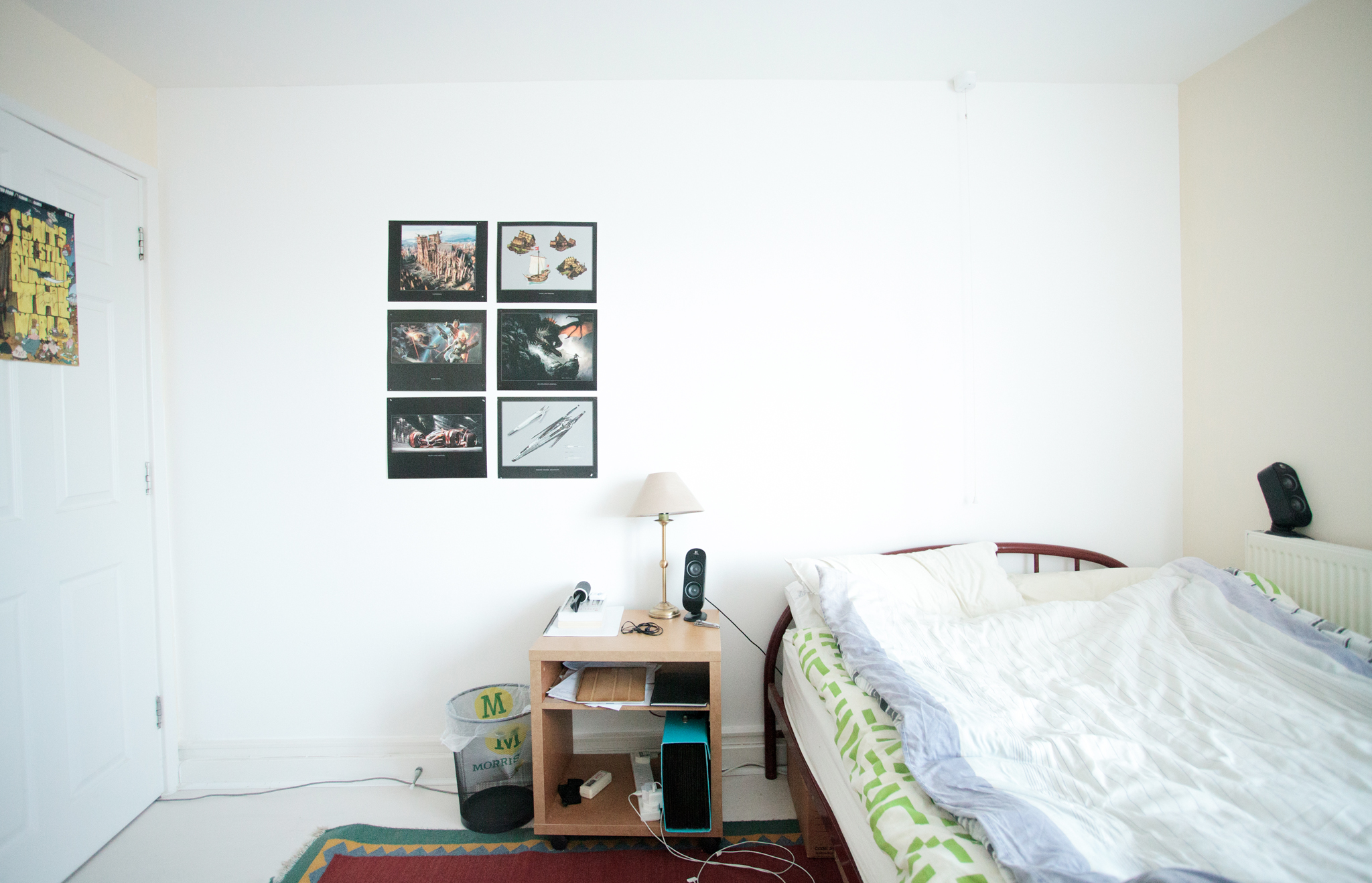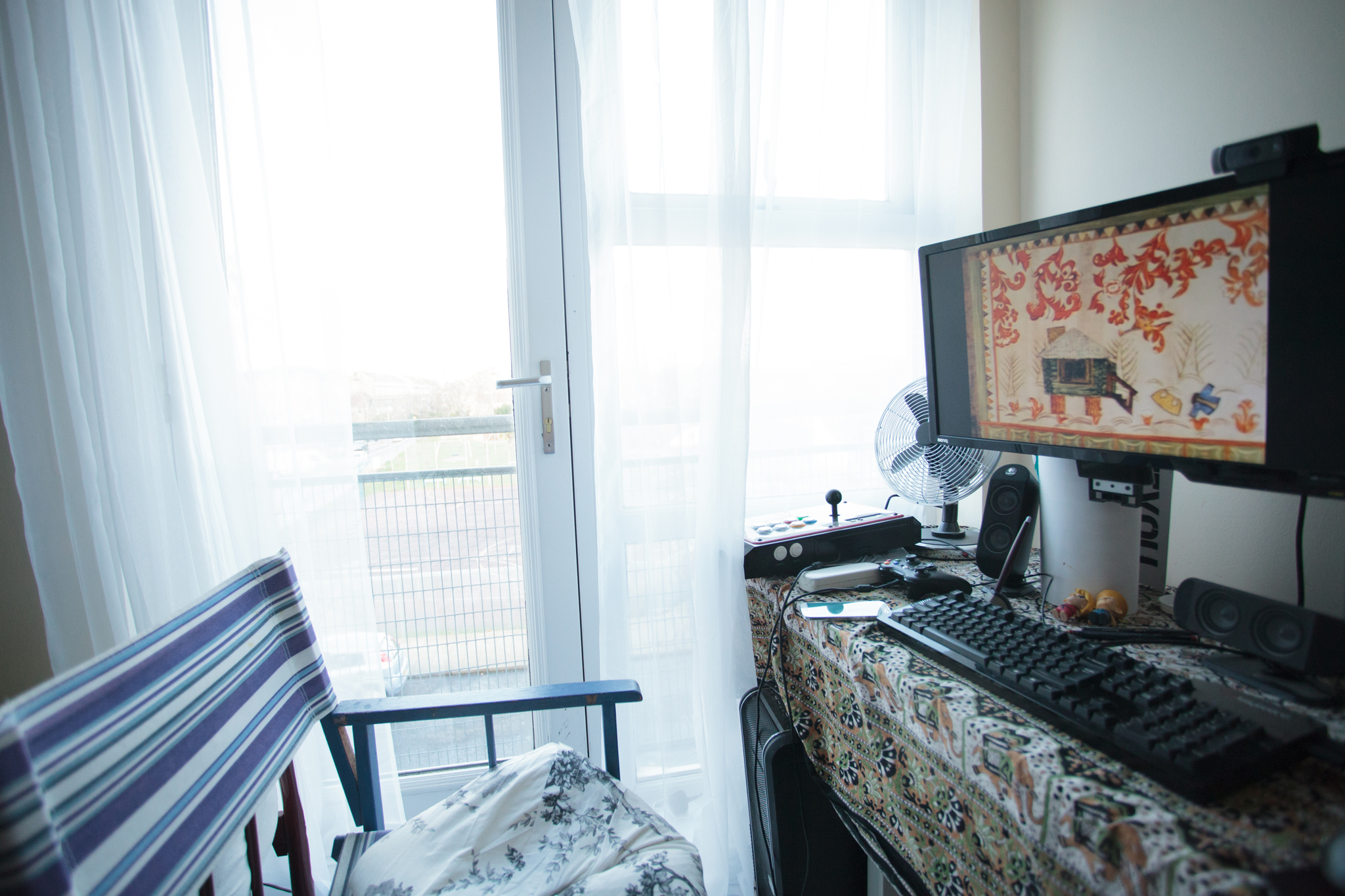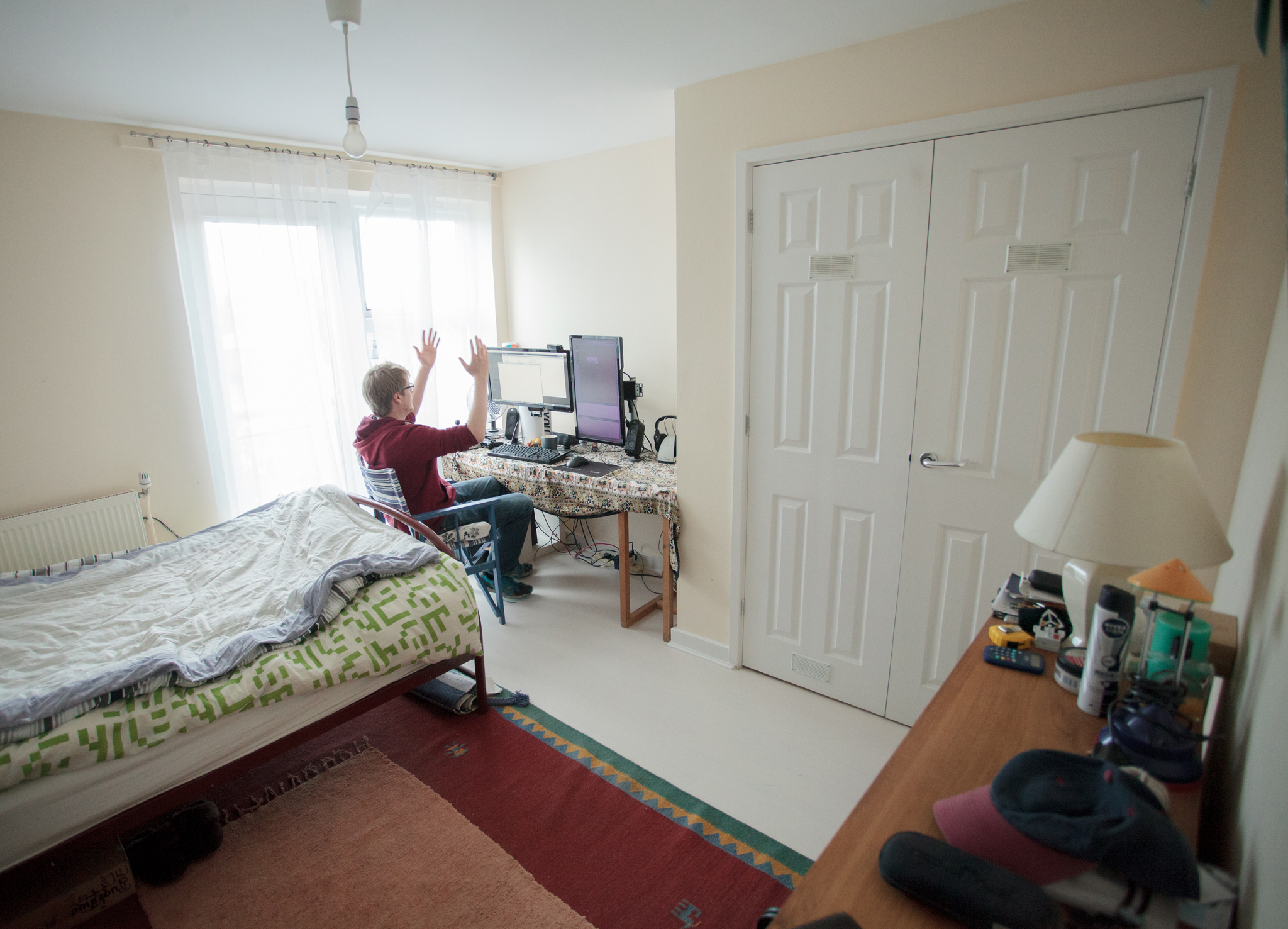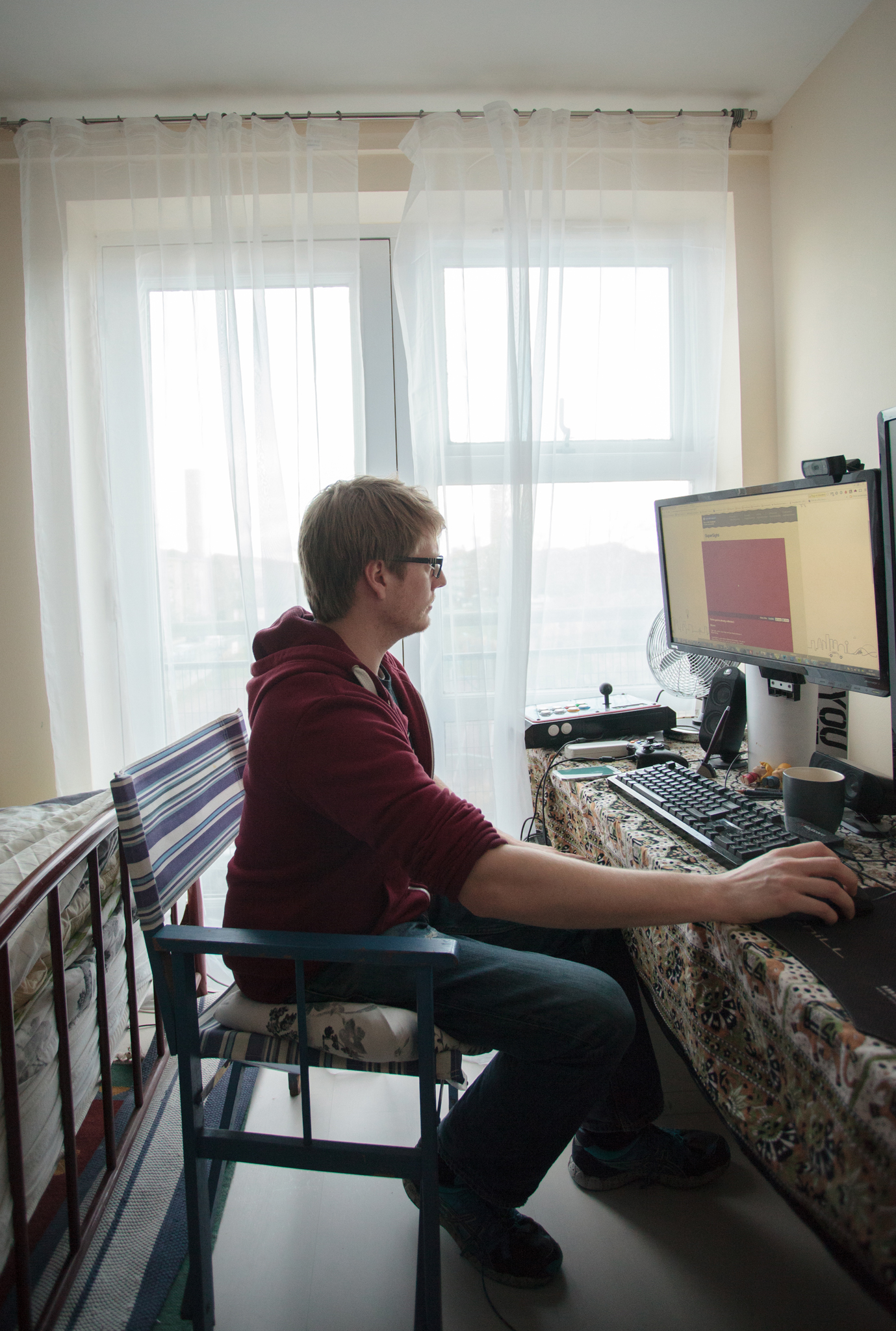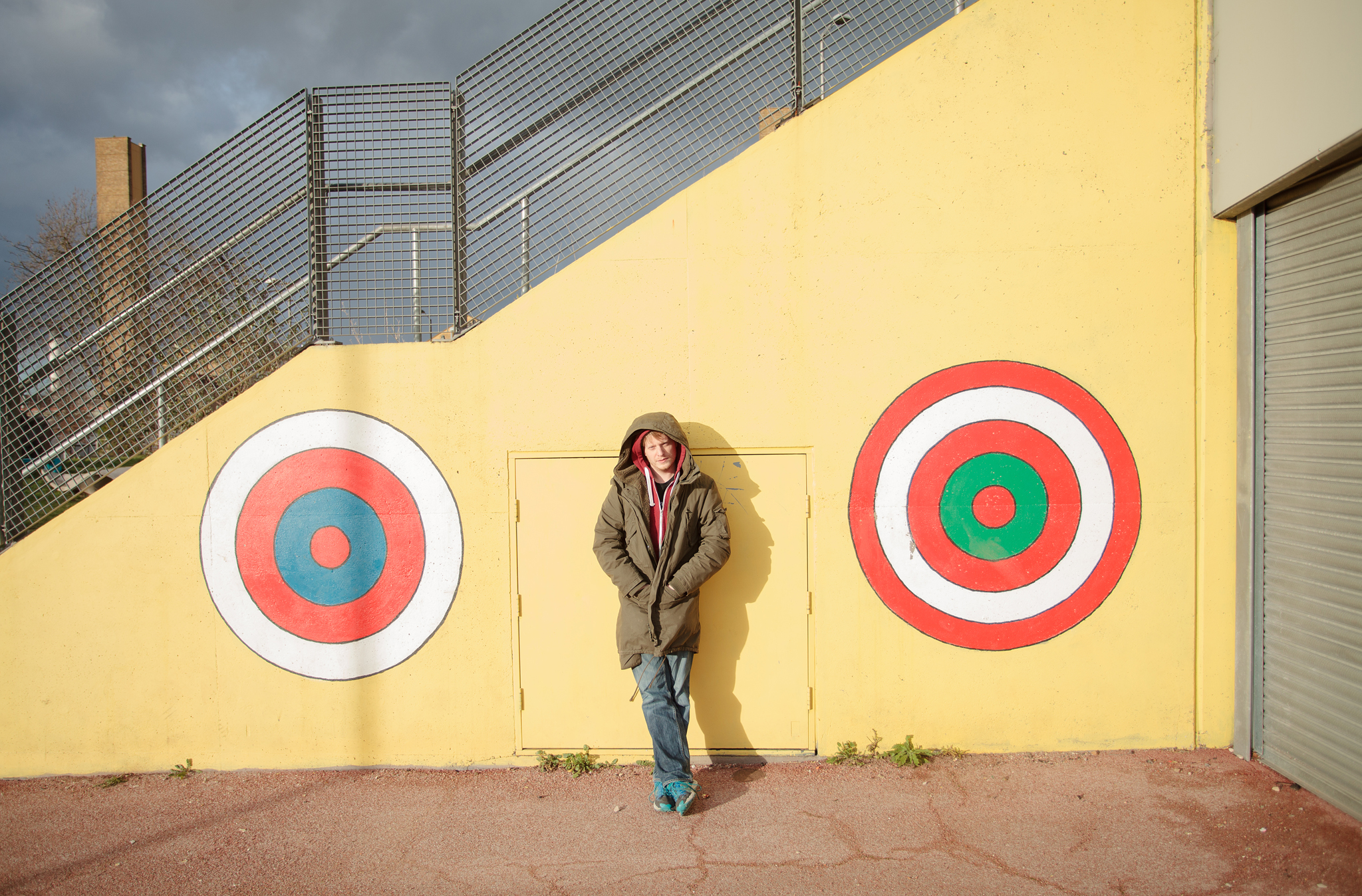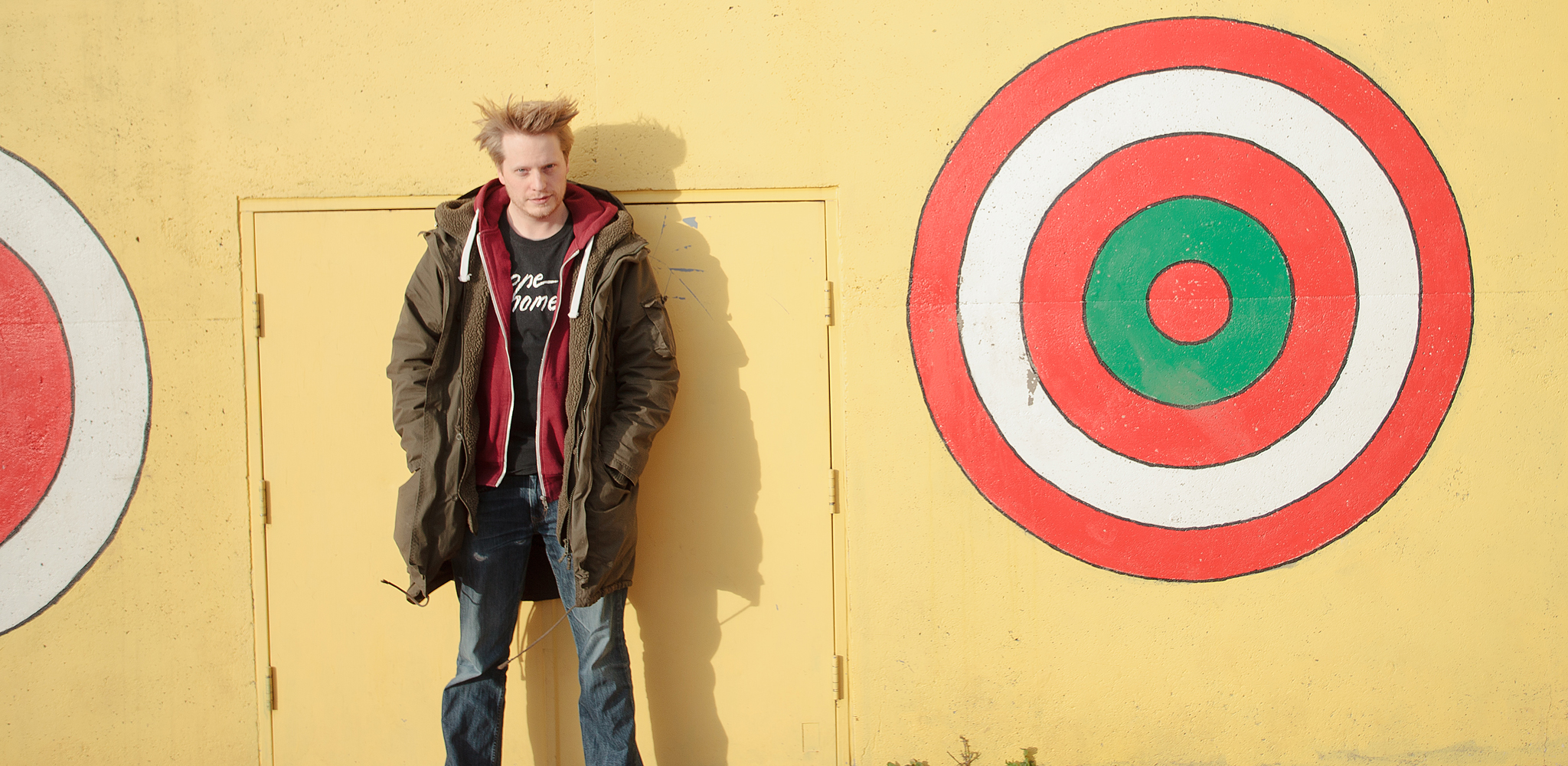Hit play or download on the bar below for the podcast interview with Aubrey. Making Games is fun is also available on iTunes
The need for control is a constant presence in our lives. We want to control everything: our appetite, our temper, our stress levels, our careers, our futures. Everyone knows that feeling of being out of control; when we feel like we're blowing off course; when no amount of struggle and strain can set us straight; when we dream about missing a step on the way down the stairs, awaking with a start. We're all afraid of losing control. Control is such an important factor in our own personal happiness; it's an intrinsic, inextricable quality of human nature.
We enjoy fluid, responsive control systems in videogames. We love that the game is doing what we ask. We appreciate the feeling of power and connection granted by the tactile influence we are having. Frustration arises when we feel like something is out of our control. You die and it was the game's fault, not yours. Nothing's quite so dissatisfying as feeling like death was out of your control.
And maybe that's what we're all worried about: we know that we'll die at some point - we're not scared of that - we're scared we won't get there in the way we want to, spiralling out of control as we attempt to navigate our lives.
(click for fullscreen)
Control is of great importance to Aubrey Hesselgren, ex dev at Splash Damage and Preloaded, now independent. Control pervades all of his work and much of his life. Aubrey worked on Brink's freerunning system, taking what was originally pitched as a simple feature point and pushing for its inclusion as a central mechanic. The resulting system was the most exciting element of the game. Aubrey freeruns himself a little, so he setup a headcam and captured some footage at his parents' place in Somerset. By using the data from the footage, Brink's freerunning was shaped into an enjoyable and expressive control system.
Technical appeal aside, this research video gives us a little insight into Aubrey's relationship with his family
----------
Sadly, the game suffered a troubled development and was met with poor critical reception, failing to live up to the hype surrounding its release. It must be a uniquely frustrating feeling to invest so much love, care and effort into your work, only to see it lost amongst factors entirely out of your control.
This was not Aubrey's first experience of struggling with control. Prior to Splash Damage, Aubrey met Tommy Refenes, co-creator of Super Meat Boy, at Streamline Studios. This meeting led to Aubrey's first stab at going indie. However, just like with Brink, Aubrey found that, as he built systems of control, control disappeared from his own life.
Together, Tommy and Aubrey worked on Goo, a uniquely interesting, strategic fighting game. The hook lay in the abstract and expressive control system, as you attempted to encircle your opponent's goo with your own. Tommy and Aubrey worked hard to get the game up to standard, and it was nominated for the Technical Excellence award at the 2008 Independent Games Festival. Halfway through the games creation, before the good news of the nomination hit, Aubrey suffered a breakdown and returned to his parents' home to recover.
Aubrey recalls those nine months in bed, and how he would both marvel and despair at movies he watched: how could a person even hope to achieve something so complicated, so grand in ambition and scope, so beautifully put together? He remembers watching the film Ghandi, and considering the gulf between his position and that of the technical, artistic achievement playing out in front of him. He tells me he remembers thinking "how much effort is this, and how has anybody even managed to get out of bed to do any of this?".
In an effort to help him, Aubrey's parents began to give him small jobs to do in their stables, such as mucking out the horses. The introduction of responsibility and routine gave him a handhold with which to pull himself up, to regain control of his life. Piece by piece, he recovered, leading him on the journey that has brought him here, halfway through his very first week of being indie for the second time. Although the journey has been long and sometimes painful, it has not been a waste: lessons learned along the way have both strengthened and prepared him for the future.
We sit down in Aubrey's room and he shows me a variety of systems and projects of past and present. Whether it is a menu system, a proof of concept for a game or a current project, they all share the qualities of tactile, analogue control. Even the menus he builds have a flow and malleability to them. I begin to understand how the perfectionist in him caused the self-inflicted pressure he once suffered from, as he doesn't let me try out any of the unfinished projects we look at. It's a shame, because they look like a lot of fun.
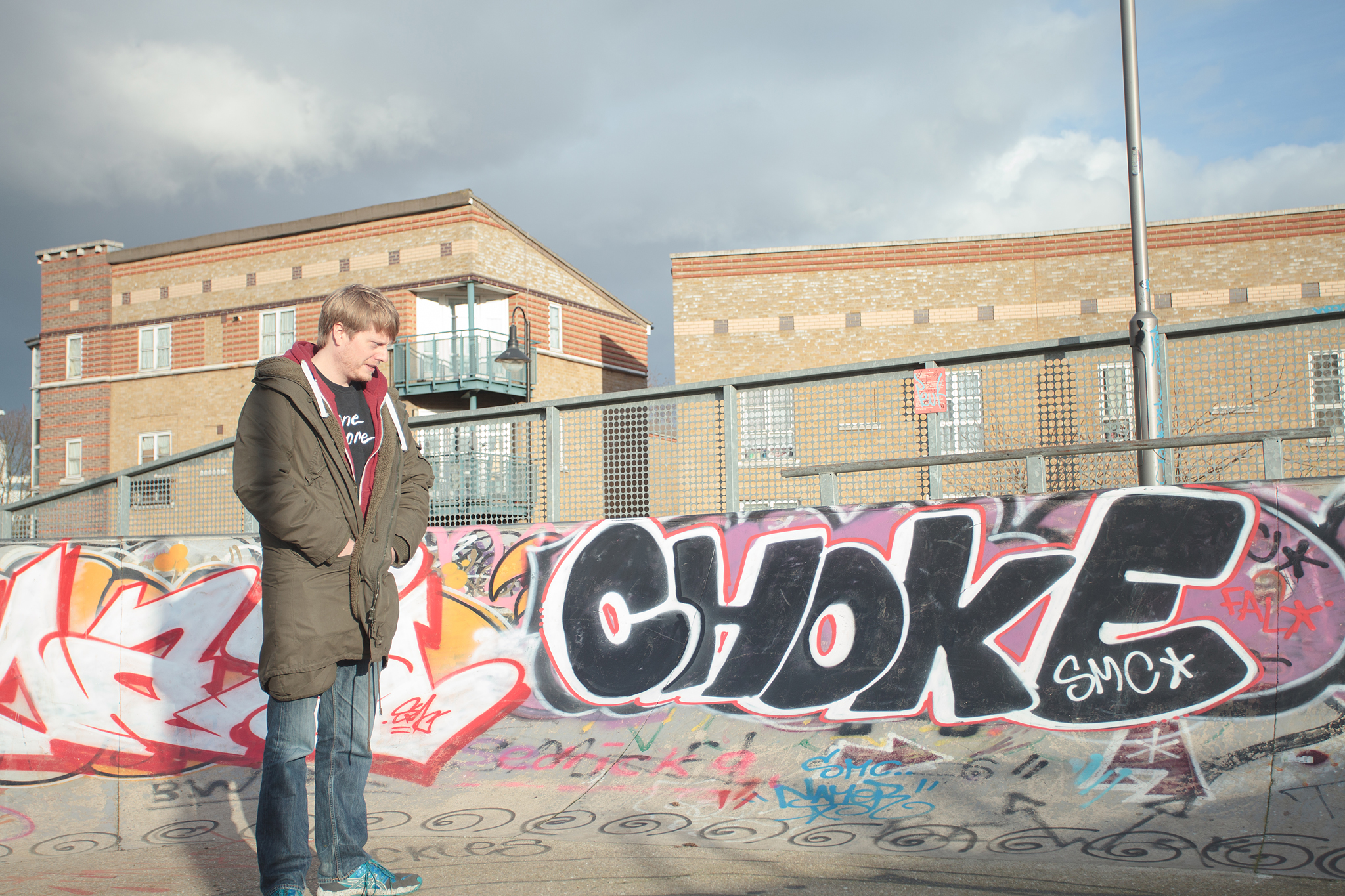
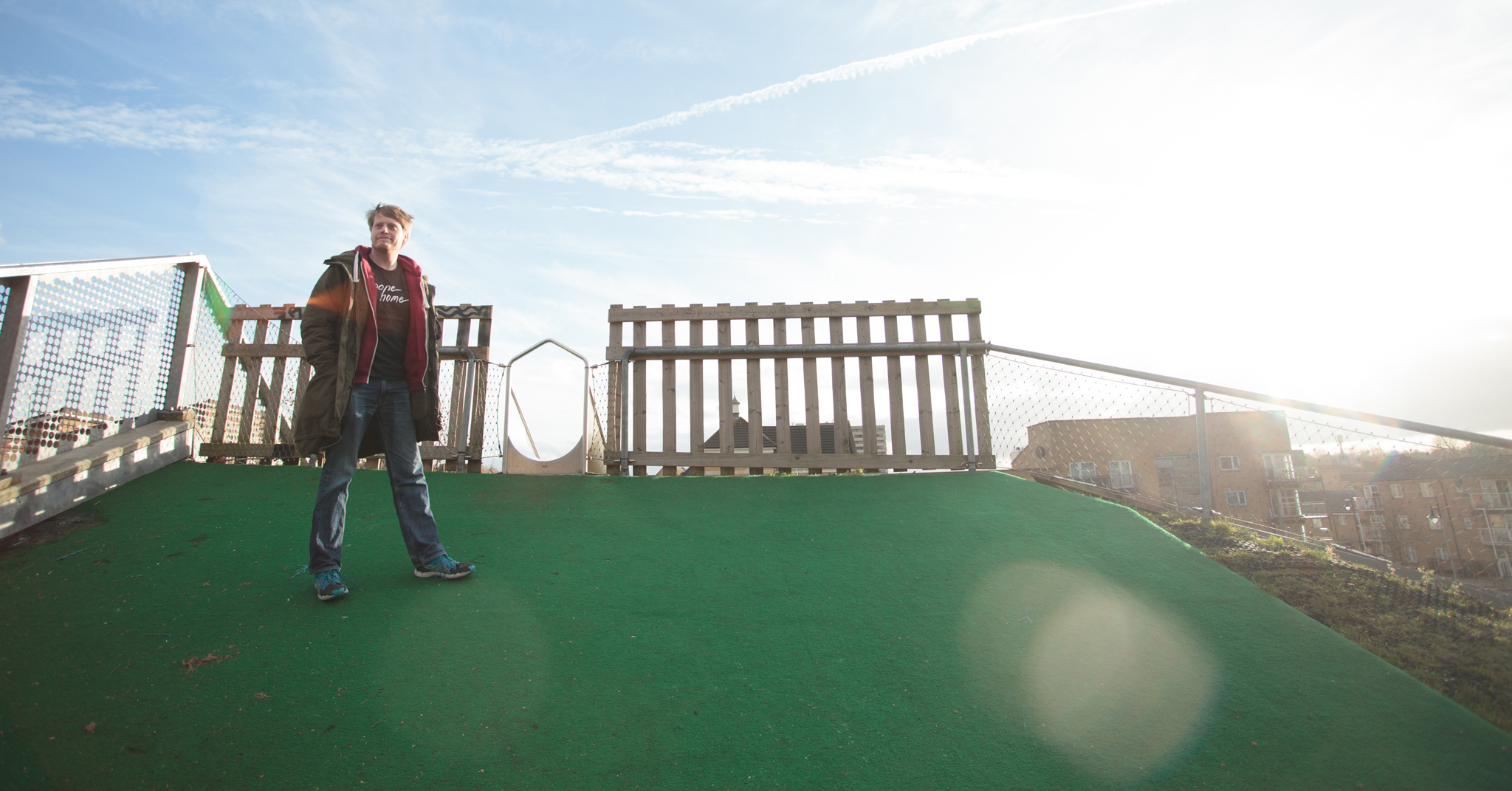
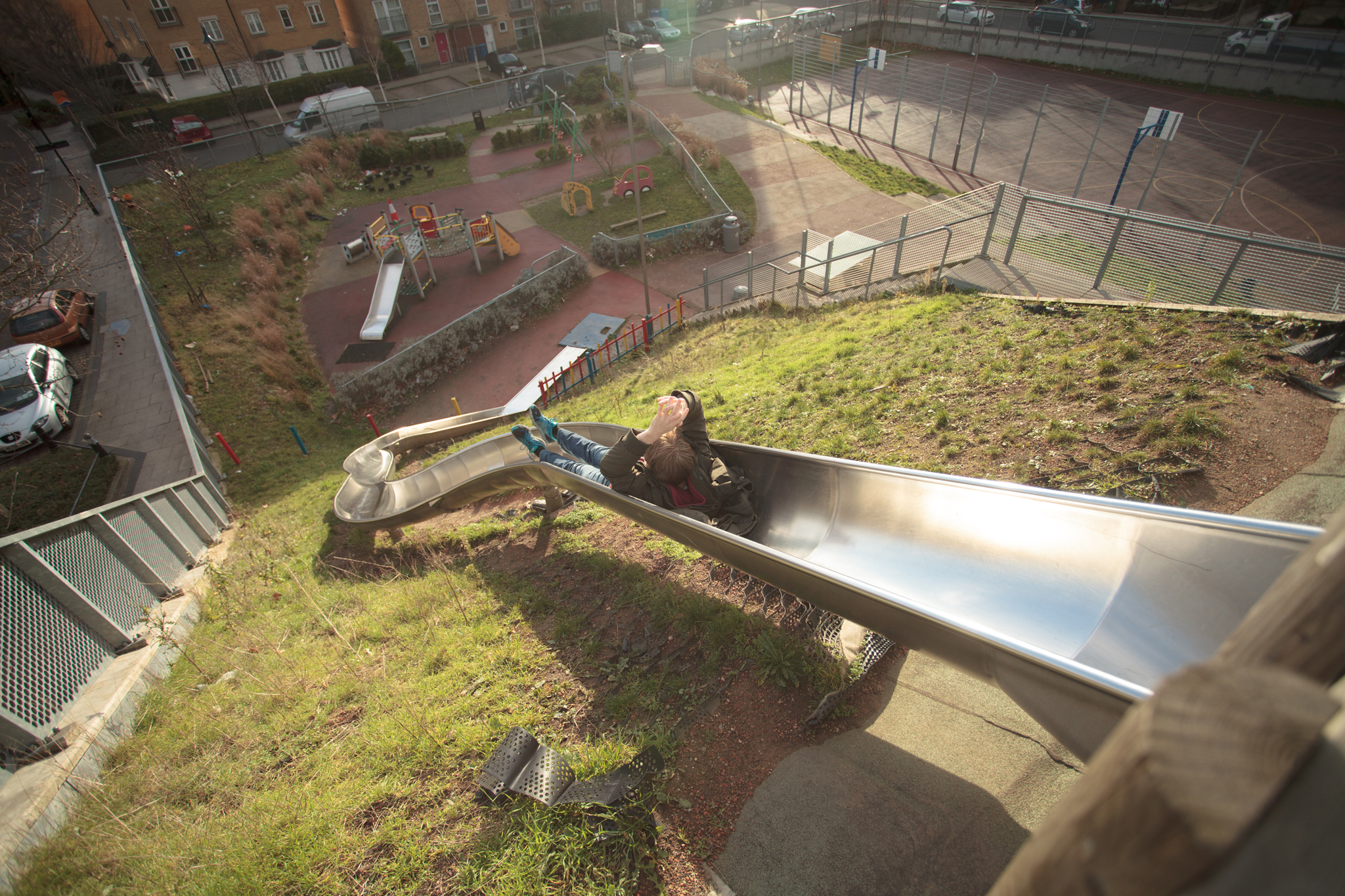
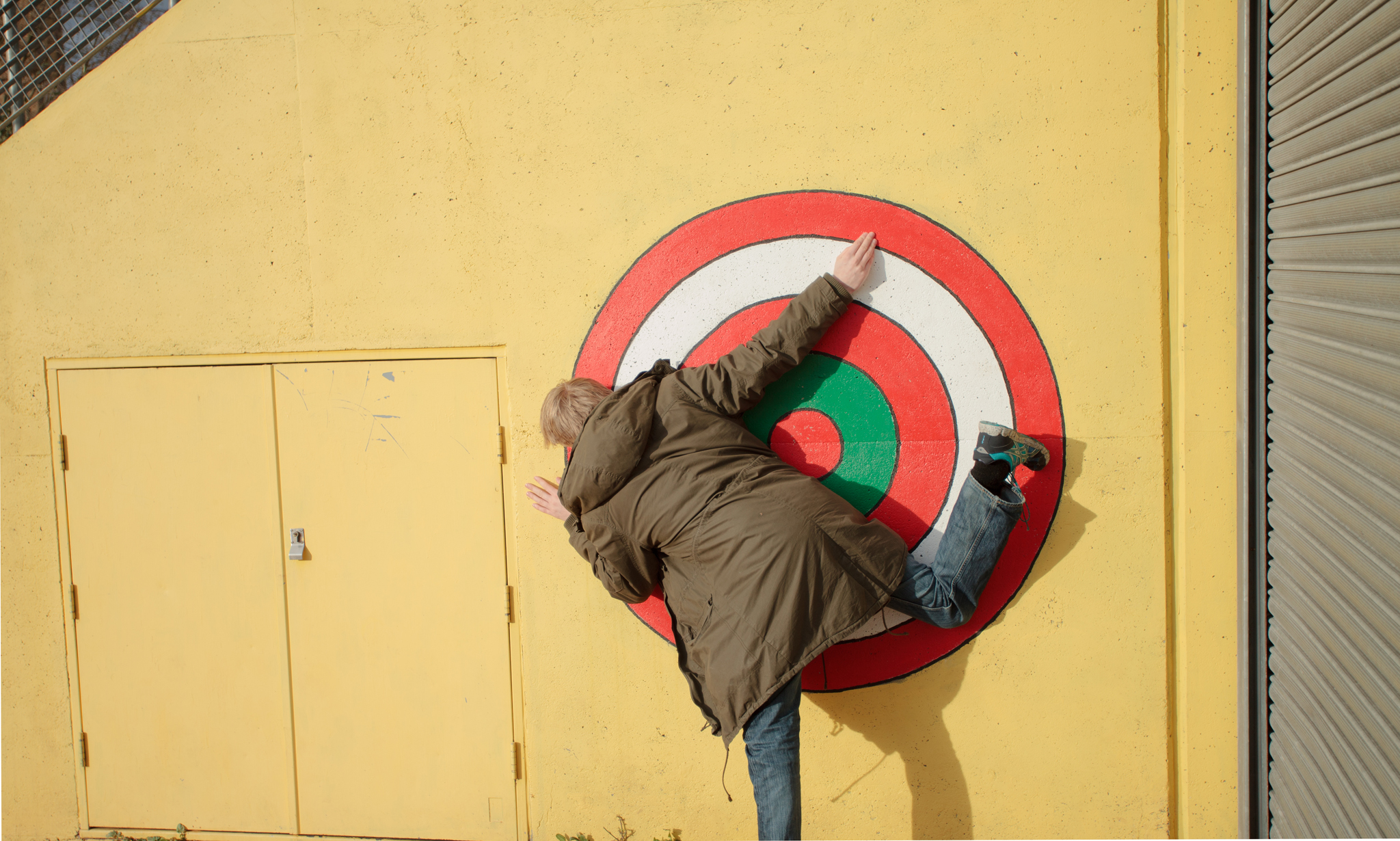
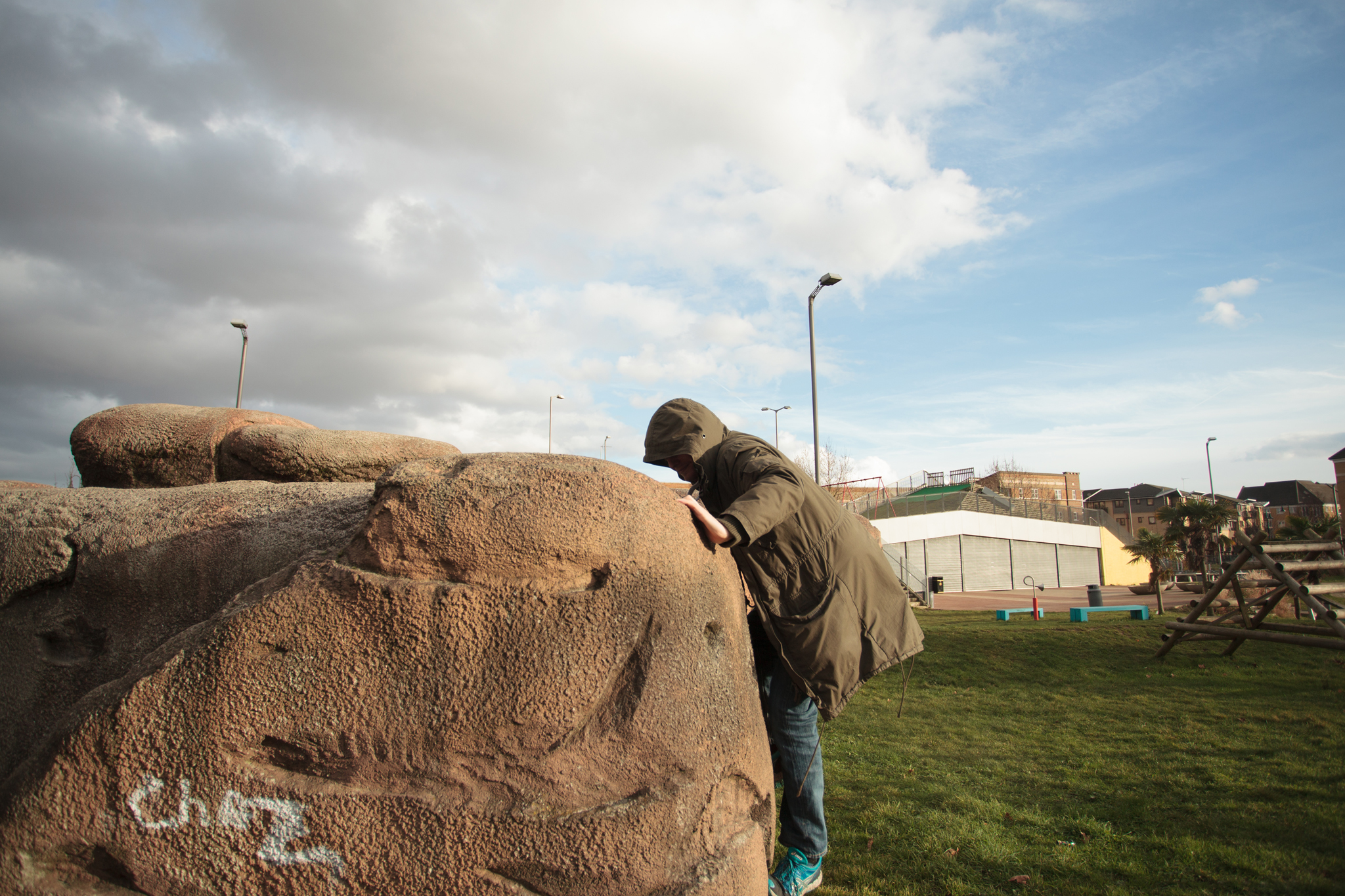
We go for a walk around the area, discussing his dabblings in parkour and how he aims to get back into it. He seems much more relaxed in the fresh air. We mess around on the playground across the way, running around the skate bowl and sliding down the enormous slide, before making our way into town to stop at a videogame bar.
When I feel like I've done enough shooting, we close out the day with a few rounds of Street Fighter IV. A good fighting game offers you the freedom to express yourself creatively, offering innumerable solutions to the problem of controlling your opponent. We play for far too long and I eventually, after several declarations of "one more game", say goodbye and make the long trek home.
In modern life, there is a culture of placing enormous emphasis on hard work and success; it's constantly shoved in our faces. Adverts plead with us to take things "to the next level", to achieve more, to squeeze more in to our day, to exercise more, to rise up the ranks of a company, to give 110%, to do better than our best. We are rushed into achievement, encouraged to "fast track" everything, to speed to our destination, regardless of the consequences. The conceit is one of motivation but, in reality, it controls the pace of our lives.
It's clear that Aubrey has learned what's truly important to him. He appreciates that a game making business has to make stale, yet important, decisions regarding a game's content, as sales are paramount in a large company, failure coming at the price of people's jobs. This is why he has gone independent: not to make the next big game and live off the success of it, but to push forward systems that are interesting to him, to cover new ground and explore uncharted territory, free of the big studio cycle. It's this love hate relationship with the medium that now drives him forward. For Aubrey, success is a dirty word which gets in the way of innovation and progress. He's not afraid of failure the way he once was, just as long as failure is in his control and he can fail in his own direction.
Independence is the act of wresting control of your own destiny from the hands of others. Just as a parkour practitioner finds the perfect line through the city, we aim to be in greater control of the direction we are going. Sometimes, though, we try to run before we can walk; try to climb too high too quickly. This is when we need to learn to relax and find a flow, learn the value in making in our own mistakes, not worry about controlling every little thing and let the wind take us.
------
You can find Aubrey on Twitter @hilariouscow and keep an eye on all his current projects
Have a look at the Making Games Is Fun Patreon and become my hero / heroine by lobbing me the change in your pocket to help me make more of these


